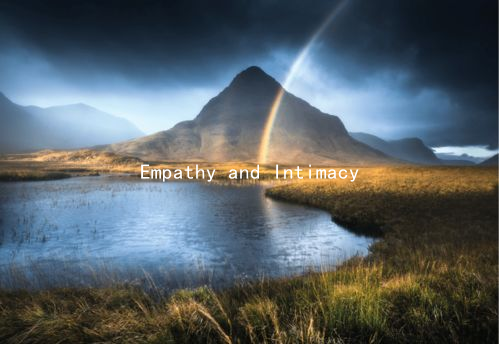Philosophy of Desire: Building Stronger Bonds through Introspective Dialogue
In the realm of human connections, the philosophy of desire plays a pivotal role in nurturing and deepening relationships. Understanding the nature of desire— both in ourselves and in others— can significantly enhance our ability to communicate effectively and build stronger emotional bonds. The foundation of any successful relationship lies in introspective dialogue, where both partners not only express their desires but also explore the underlying motivations and feelings that drive them.
Desire is a complex emotion. It’s not merely about wanting something; it encompasses the profound longings we harbor for connection, intimacy, and understanding. In romantic relationships, desire often manifests as a yearning for closeness, yet many individuals struggle to articulate these feelings. This is where introspective dialogue becomes essential. Engaging in meaningful conversations allows partners to reveal their innermost thoughts and emotions, fostering a deeper understanding of each others needs and aspirations.
To initiate this form of dialogue, it is crucial to create a safe and open environment where both partners feel comfortable expressing themselves. This means actively listening and validating each others experiences. When discussing desires—whether they pertain to love, intimacy, or personal aspirations—partners should strive to avoid judgment and instead approach the conversation with curiosity and empathy. Questions like “What do you truly desire in our relationship?” or “How do you feel about our emotional connection?” can pave the way for deeper insight.
An essential aspect of this dialogue is self-reflection. Before discussing desires with a partner, taking time to understand ones own feelings is beneficial. Individuals should consider their expectations and what they truly want from the relationship. This self-awareness not only aids personal growth but also equips partners with clearer intentions when they communicate. When both individuals are aligned in their understanding of their own desires, the relationship has a greater chance of flourishing.

Moreover, it is important to recognize that desires can evolve over time. What may be crucial at one stage of a relationship might change as circumstances and individual needs fluctuate. Therefore, a commitment to ongoing introspective dialogue is vital. Regular check-ins, where partners discuss their evolving desires, can prevent misunderstandings and foster a dynamic, responsive relationship.
Equally important is the concept of reciprocity in desire. Relationships thrive when both partners feel their needs are acknowledged and met. It is crucial to practice giving and receiving; this reciprocity reinforces emotional bonds and creates a partnership built on trust and mutual support. By expressing and fulfilling each other’s desires, couples can strengthen their connection and cultivate a sense of shared purpose.
In essence, the philosophy of desire propels us to examine the deeper motivations behind our emotional needs and to engage in meaningful, introspective dialogue. This approach helps in building strong, resilient relationships driven by understanding and empathy. As partners navigate the complexities of their desires, they create a rich tapestry of connection that not only enhances their relationship but also enriches their individual lives. By fostering open communication rooted in self-awareness and reciprocity, couples can turn the philosophy of desire into a powerful tool for cultivating lasting love and connection.





